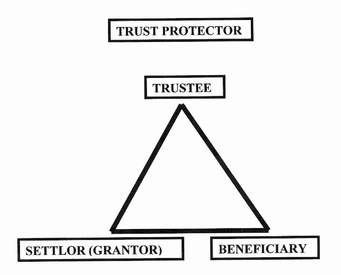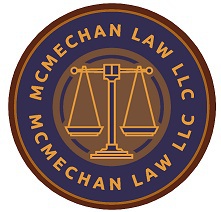What is a Trust, and, Do I need a Trust

Here are some common reasons for creating a Trust:
- I need to protect my beneficiaries from bad choices and waste;
- Avoid PUBLIC probate of trust assets and be private;
- My beneficiaries’ creditors might claim what I leave them;
- I don’t want my former spouse to get anything;
- Support myself when incapacitated;
- Determine what happens to common assets that are not easily divisible, such as vacation homes, recreational vehicles, mineral interests, because those could be used by all beneficiaries or held by the trust for continued income;
- Planned business succession, lay out who becomes the manager and new owners;
- A place to pool the life insurance policies, pay premiums, sell and buy stock for continued income, and liquidity to the estate (MONEY);
- To provide a vehicle for charitable gifting to reduce taxes;
- Medicaid means-tested benefit eligibility;
- Structured income to a surviving spouse that protects trust assets for descendants if the spouse remarries (because it happens often, that the new spouse cuts out your children when your spouse dies); and
- To reduce income taxes or shelter assets from estate and transfer taxes (not a huge concern right now with a $11.5 million exemption, but that amount changes every 4 years or so).
How Can I Use a Trust?
Here’s a common way an average person could use a Trust, in the case where you think some accident or illness could take you away, and you want to provide for your family after you’re gone. This is just an example of how it could be set up to operate, and it goes way further than a will ensuring money is used wisely:
· The spouse is the successor trustee and primary beneficiary;
· The Trust is funded upon your death, by insurance (commonly), and your IRA or other retirement account (401k, etc.), stocks and bonds can be liquidated or held and profits injected on a continuing basis, etc.. Also, properties can be liquidated or the rent used as constant funding, etc..
- The trustee may draw from the Trust for themself and the children;
- A successor trustee may make distributions for the children, with an emphasis on education expenses through college;
- How much each beneficiary is allocated can be unequal, according to your wishes;
- When the youngest child is 25 years old, multiple Trusts go 1 to each child;
- The trustee may use money from the Trust to purchase a home, start a business or pay for expenses related to the child’s descendants;
- Each child may withdraw one-third of the trust at age 30, or half of the trust at age 35, and the remainder at age 40; and
- The spouse has a limited power to create a new trust at death with different terms to benefit his or her descendants, from the initial Trust funds.
How Many Trusts are there? For the Curious!
Asset Protection Trust (like the Alaskan Trust, now several states have them), Constructive Trust, Discretionary Trust, Directed Trust, Dynasty Trust, Employee Trust, Express Trust, Fixed Trust, Grantor Retained Annuity Trust, Hybrid Trust, Implied Trust, Improvement Trust, Incentive Trust, Inter-Vivos Trust, Irrevocable Trust, Land Trust, Offshore Trust, Personal Injury Trust, Private and Public Trusts, Protective Trust, Purpose Trust, QTIP (Qualified Terminal Interest Property) Trust, Resulting Trust, Revocable Trust, Secret Trust, Semi-Secret Trust, Simple Trust, Special Trust, Special Power of Appointment Trust, Spendthrift Trust, Standby Trust, Statutory Business Trust, Testamentary Trust (Will Trust), and Unit Trust.
PS, this list is not exhaustive, there have been, probably are, and will be more trusts to come.
